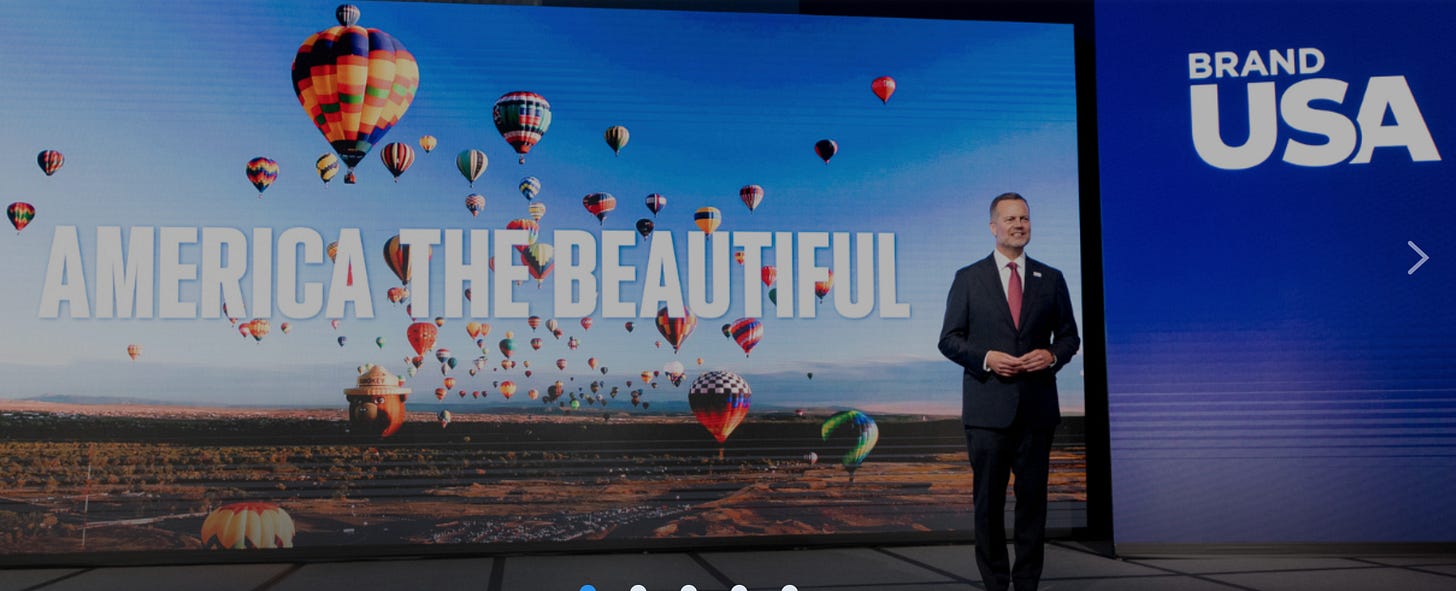The $80 Million Mistake: How America Just Defunded Its Own Influence
While D.C. celebrated a tax win, Brand USA was gutted—and America lost its convening edge. This is how it happened. And what must happen next.
Somewhere in a windowless committee room, while half the country was arguing about TikTok and Taylor Swift, Congress quietly voted to gut the one tool America has left to shape how the world sees it. Brand USA—the nation’s official destination marketing organization—was created to position the U.S. as a premier travel and meeting destination across the …




